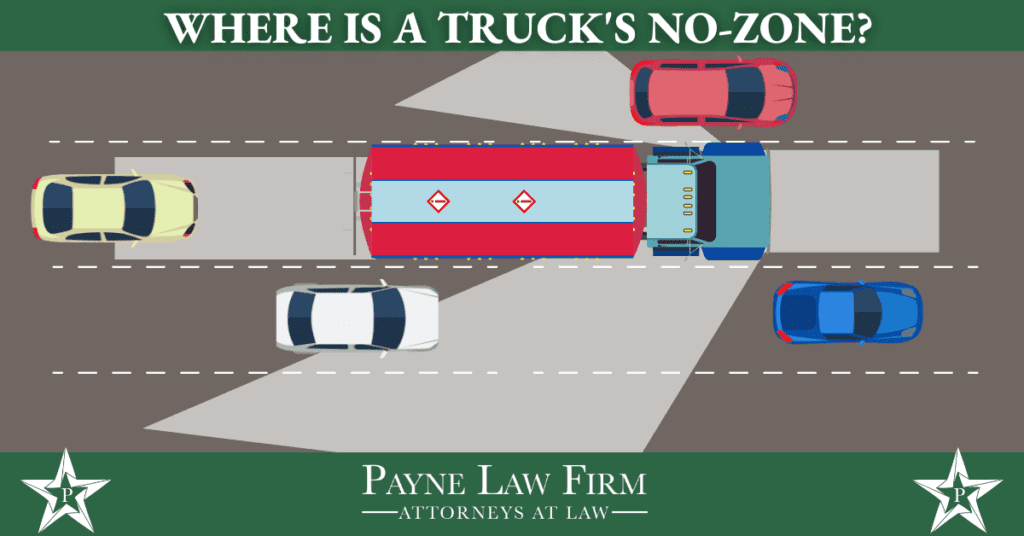
Blog
Home / Blog


How Weather Conditions Impact Car Accidents
August 7, 2024



Types of Damages in a Personal Injury Lawsuit
June 24, 2024

Types of Catastrophic Injuries & Their Causes
January 2, 2024

Telltale Signs of a Distracted Driver
July 8, 2022


What Is a Truck’s No-Zone?
May 18, 2022

How Does a Third-Party Lawsuit Work?
February 11, 2022

Why You Can’t Miss Your Doctors Appointments After a Crash
February 9, 2022

Does Texas Have Damage Caps?
February 4, 2022

Are you suffering from a TBI after a car accident?
December 7, 2020


